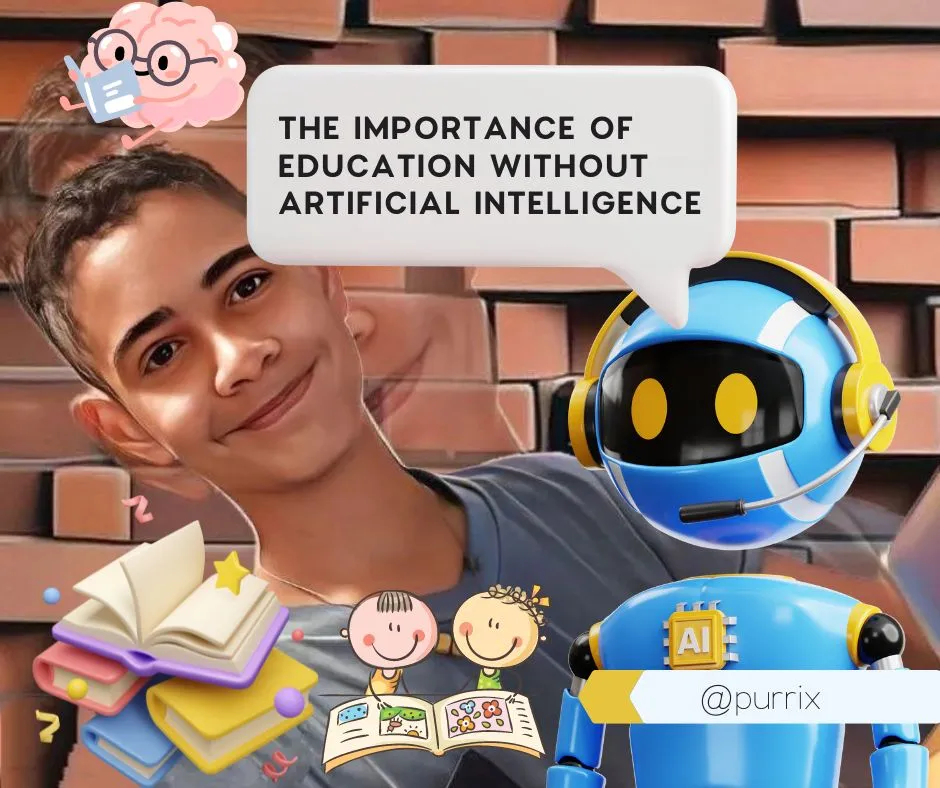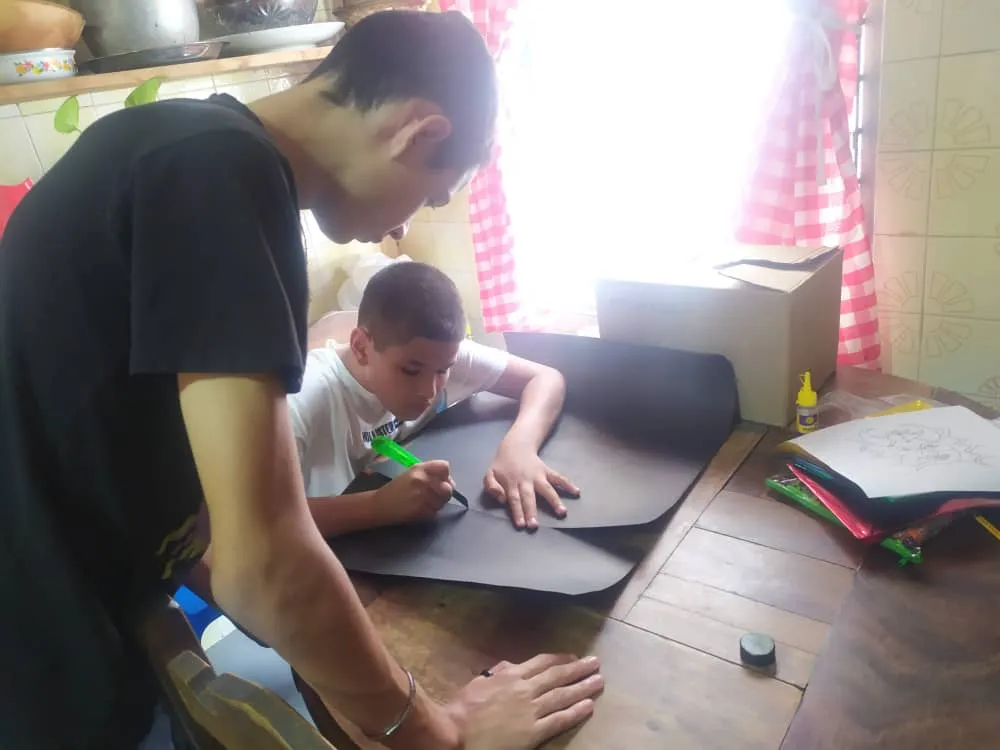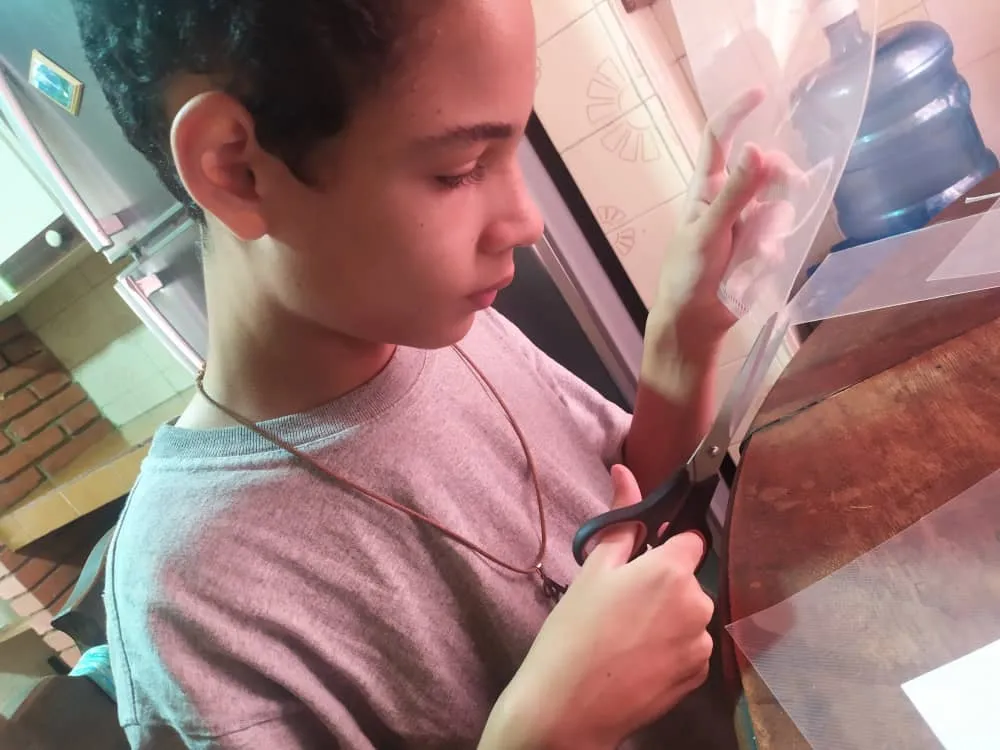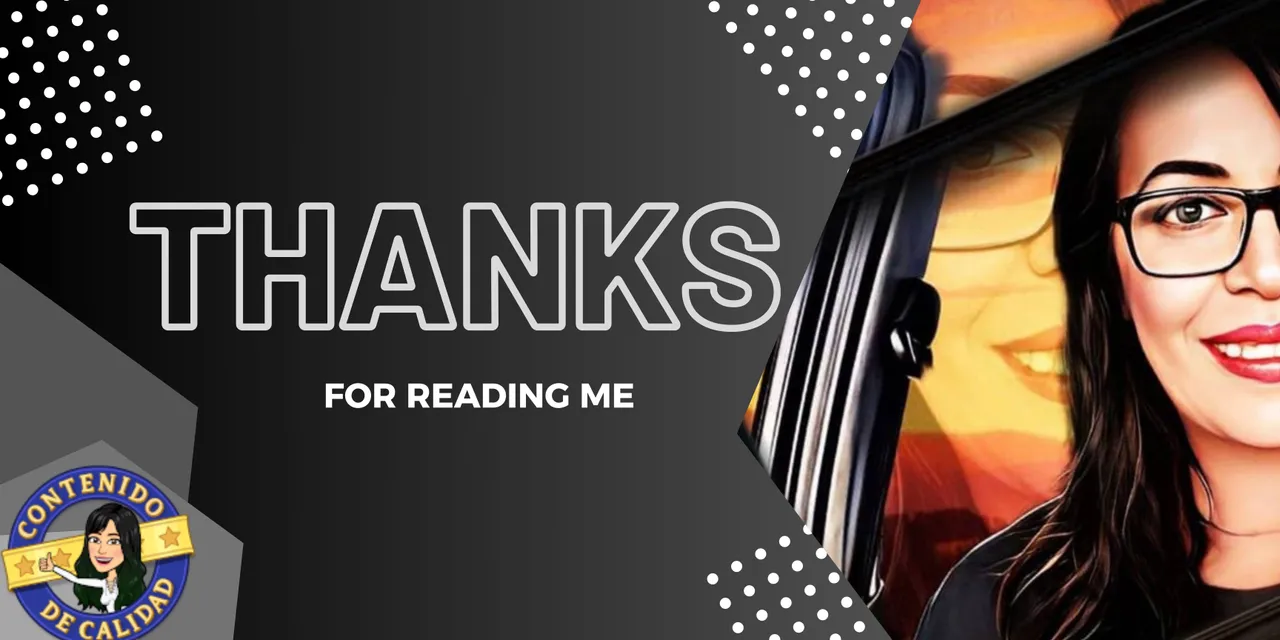
En esta era digital, donde la inteligencia artificial (IA) está transformando rápidamente el mundo, surge una pregunta crucial: ¿Qué papel debe jugar la IA en la educación de nuestros hijos?
Si bien la IA tiene el potencial de mejorar ciertos aspectos de la educación, como la automatización de tareas repetitivas, creo firmemente que una educación sin IA es fundamental para el desarrollo integral de nuestros hijos, porque esta herramienta no los hace pensar, analizar. Solo es copiar y pegar. ¿Qué les está quedando en sus mentes?
Es una herramienta excelente en otros aspectos de la vida, pero decididamente, no para los estudios.

Soy de la vieja escuela y amé la educación que recibí. Recuerdo que cuando nos asignaban trabajos de investigación y las enciclopedias en casa no eran suficiente, teníamos que ir hasta la biblioteca nacional o la hemeroteca para buscar la información. Esto nos regaló conocimiento y el valor del sacrificio, porque después de tanto trabajo, nuestro esfuerzo sería recompensado. Nos enseñó a investigar, a leer, a buscar en profundidad, a resumir. Fue fantástico.
Estudios sin Inteligencia Artificial, nos ha ayudado para:
📌 Fomentar la autonomía y el pensamiento crítico:
La educación debe centrarse en el desarrollo de la capacidad de las personas para pensar por sí mismas, cuestionar críticamente la información y tomar decisiones informadas. La IA, si se usa de manera excesiva, puede correr el riesgo de limitar estas habilidades esenciales, porque los niños pueden volverse dependientes de algoritmos y sistemas automatizados para procesar información y tomar decisiones.

📌 Cultivar la creatividad y la innovación:
La creatividad y la innovación son habilidades cruciales para el éxito en el mundo actual, y estas habilidades no se pueden desarrollar fácilmente a través de sistemas de IA. La educación debe proporcionar a los niños oportunidades para explorar su creatividad, expresar sus ideas de manera original y resolver problemas de manera innovadora. La IA, si se usa en exceso, puede sofocar estas habilidades al limitar la exploración abierta y la experimentación.
📌 Fortalecer las habilidades sociales y emocionales:
Las habilidades sociales y emocionales, como la empatía, la comunicación y la colaboración, son esenciales para el desarrollo personal y el éxito profesional. La interacción humana es fundamental para cultivar estas habilidades. La IA, si se usa en exceso, puede aislar a los niños de la interacción social significativa y limitar su desarrollo socioemocional.

📌 Proteger la privacidad y la seguridad:
La IA plantea importantes preocupaciones de privacidad y seguridad, especialmente en el contexto de la educación de los niños. Es crucial garantizar que los datos personales de los niños se protejan adecuadamente y que los sistemas de IA se utilicen de manera responsable y ética.
📌 Fomentar la conexión humana y la construcción de relaciones:
La educación debe ser un espacio donde los niños puedan conectarse con otros, formar relaciones significativas y aprender unos de otros. La IA, si se usa en exceso, puede aislar a los niños y limitar su capacidad para desarrollar estas conexiones esenciales.
En resumen, una educación sin IA es crucial para el desarrollo integral de nuestros hijos. Debemos asegurarnos de que reciban una educación que fomente la autonomía, la creatividad, las habilidades sociales y emocionales, la privacidad y la seguridad, y la conexión humana.

La IA puede ser una herramienta valiosa en la educación, pero no debe reemplazar la interacción humana, la exploración creativa y el desarrollo de habilidades fundamentales para el éxito en la vida.
Invito a los padres, educadores y responsables políticos a considerar cuidadosamente el papel de la IA en la educación de nuestros hijos y a tomar medidas para garantizar que reciban una educación que los prepare para un futuro brillante y significativo.
Yo, como madre de un adolescente de casi catorce años, cuando mi hijo va a estudiar, solemos coger la enciclopedia, buscar en Internet, en diferentes páginas, la información que estamos buscando. Le digo a él que lea, que analice, que haga comparaciones entre una información y otra y que, posteriormente, extraiga lo más importante de lo que ha leído, lo más resaltante o relevante y de ahí comience a crear su trabajo. Esto lo hace pensar, analizar, le ayuda a mejorar su léxico y su ortografía.
Tengo la suerte de que a él también le gusta leer e investigar, por lo que no se le hace pesado el tema.


ENGLISH
In this digital era, where artificial intelligence (AI) is rapidly transforming the world, a crucial question arises: What role should AI play in the education of our children?
While AI has the potential to improve certain aspects of education, such as automating repetitive tasks, I firmly believe that an education without AI is fundamental for the integral development of our children, because this tool does not make them think, analyze. It's just copy and paste. What is being left in their minds?
It is an excellent tool in other aspects of life, but decidedly not for studies.

I'm from the old school and I loved the education I received. I remember when we were assigned research papers and the encyclopedias at home were not enough, we had to go to the national library or the newspaper library to look for the information. This gave us knowledge and the value of sacrifice, because after so much work, our effort would be rewarded. It taught us to research, to read, to search in depth, to summarize. It was fantastic.
Studies without Artificial Intelligence, has helped us to:
📌 foster autonomy and critical thinking:
Education should focus on developing people's ability to think for themselves, critically question information, and make informed decisions. AI, if overused, can risk limiting these essential skills, because children can become dependent on algorithms and automated systems to process information and make decisions.

📌 Cultivate creativity and innovation:
Creativity and innovation are crucial skills for success in today's world, and these skills cannot be easily developed through AI systems. Education must provide children with opportunities to explore their creativity, express their ideas in original ways, and solve problems in innovative ways. AI, if overused, can stifle these skills by limiting open-ended exploration and experimentation.
📌 Strengthen social and emotional skills:
Social and emotional skills, such as empathy, communication and collaboration, are essential for personal development and professional success. Human interaction is fundamental to cultivating these skills. AI, if overused, can isolate children from meaningful social interaction and limit their social-emotional development.

📌 Protect privacy and security:
AI raises important privacy and security concerns, especially in the context of children's education. It is crucial to ensure that children's personal data is adequately protected and that AI systems are used responsibly and ethically.
📌 Foster human connection and relationship building:
Education should be a space where children can connect with others, form meaningful relationships, and learn from one another. AI, if overused, can isolate children and limit their ability to develop these essential connections.
In short, an AI-free education is crucial to the holistic development of our children. We must ensure that they receive an education that fosters autonomy, creativity, social and emotional skills, privacy and safety, and human connection.

AI can be a valuable tool in education, but it should not replace human interaction, creative exploration, and the development of fundamental skills for success in life.
I invite parents, educators, and policymakers to carefully consider the role of AI in our children's education and take steps to ensure they receive an education that prepares them for a bright and meaningful future.
I, as a mother of an almost fourteen year old teenager, when my son goes to school, we usually pick up the encyclopedia, search the Internet, different pages, for the information we are looking for. I tell him to read, to analyze, to make comparisons between one piece of information and another, and then to extract the most important from what he has read, the most outstanding or relevant, and from there he begins to create his work. This makes him think, analyze, helps him improve his vocabulary and spelling.
I am fortunate that he also likes to read and research, so he does not find the subject heavy.

![FOR YOUR INFORMATION]
100% proprietary content.
All photographs are my property.
The frames were made with Canva.
Translation made with DeepL, free version.